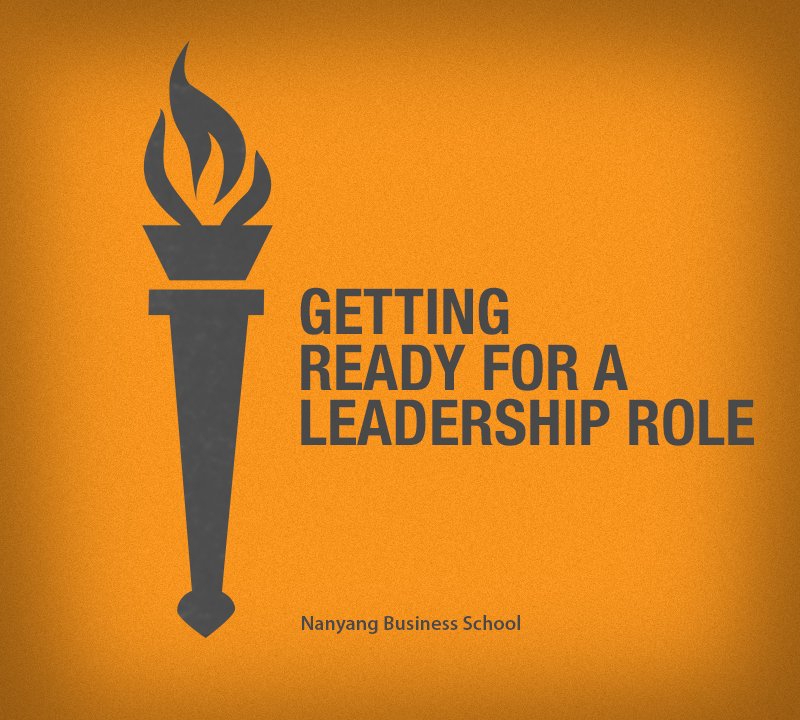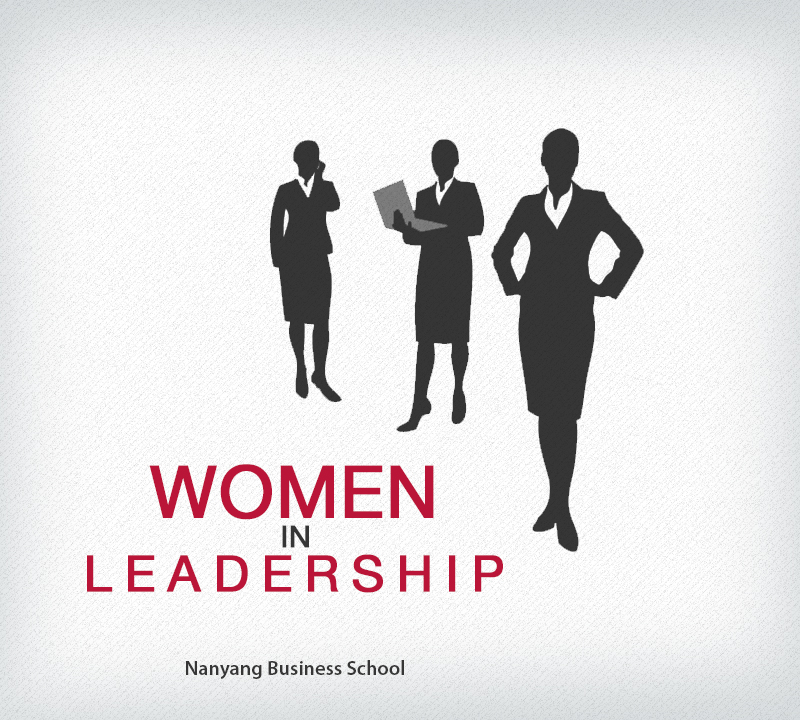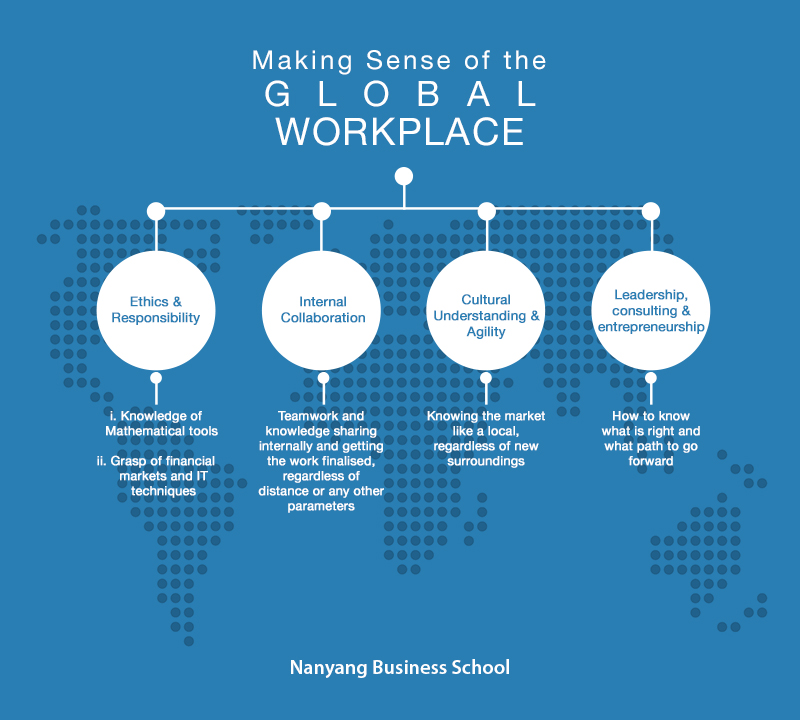When you’re a seasoned professional looking for the right MBA programme for yourself, you also seek new skills and techniques that will let you handle more responsibilities and critical analysis at work. You aim for even better communication skills and a growth in strategic thinking. Are you focusing on leading more people with your vision? Or are you an entrepreneur looking for some nurturing? No matter the results you want, the Nanyang Fellows MBA Programme will enable you to get there.
Here’s why:
The Sum of Experience
When you are in an MBA programme where the minimum years of experience of candidates is 8 years, you know that you’ll be bombarded with fresh insights, knowledge and concepts from all over the business globe. Being surrounded by peers from a wide range of career backgrounds is always a plus because you never know what you’ll end up learning. Since you’ll have similar goals, your combined experience can bring a lot to the table. Maybe you’ve never had a long conversation with somebody from the American biomedical engineering industry? Or maybe you had no idea how people in India react to condom ads? Get ready to know a lot more.
International Exposure
The Nanyang Business School is known for its world-class faculty members. The Fellows start their journey in Singapore and progress to the United States to attend courses at top B-schools like Wharton, Georgetown University and University of California at Berkeley. Take this opportunity to soak in practical knowledge and a conceptual foundation of business models that make the best of East and West industry practices. Immerse yourself and understand how business is conducted in a global setting. At the end, you also get a certificate from the American university that you attend.
New Leadership Skills
A good leader needs to be good with people. In order to do that, you need to know what drives people as individuals, as a society and in the environment in question. The Nanyang Fellows MBA Programme makes sure that you learn or improve every hard skill and soft skill required to succeed. That’s accomplished by the hands on, expert faculty at NBS along with the other emerging leaders whom you’ll be sharing your education space with. For example, if you lacked an organisational skill that affected your work in the past, you’ll certainly deal with it here.
An Evolving Thought Process
Fellows from the past years have credited the programme for helping them develop a broader analytical framework and critical thinking that lead them to solve fundamental issues that had been lying untouched. Learning and reflection are priority here. Your curriculum will be supplemented with lots of research, thanks to the school’s reputed research centres. That means that you’ll have access to cutting edge information that can contribute towards your knowledge bank.
In fact, major international publications including The Economist and the Financial Times continue to highly rate the B-school’s academic quality. With networking being the need of the hour, this is one place where you can invest and gain. The eclectic mix of Nanyang Fellows MBA will stand by you whether you need life-long friends, business partners, mentors or powerful role models.













